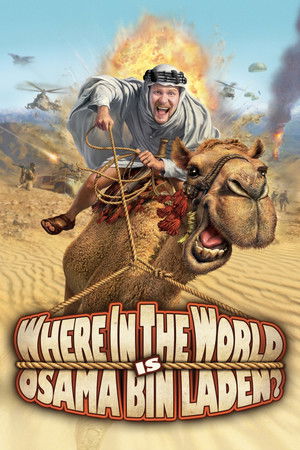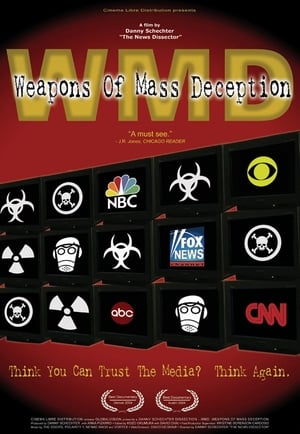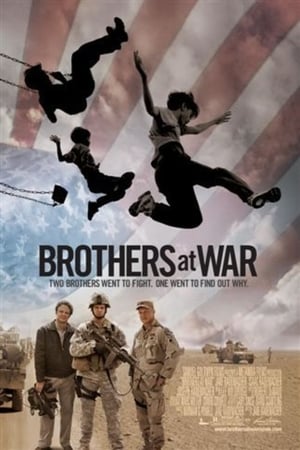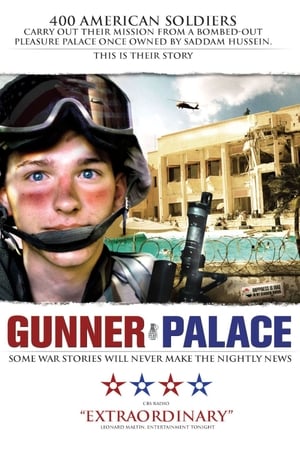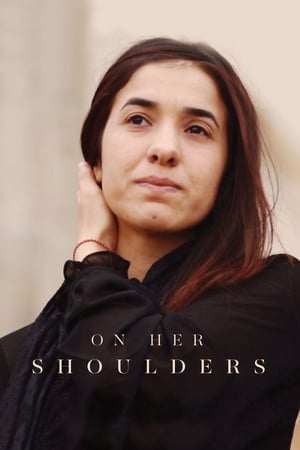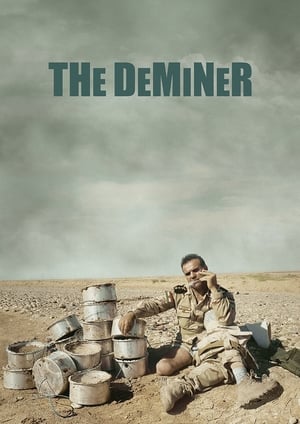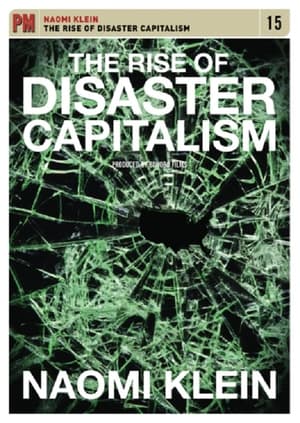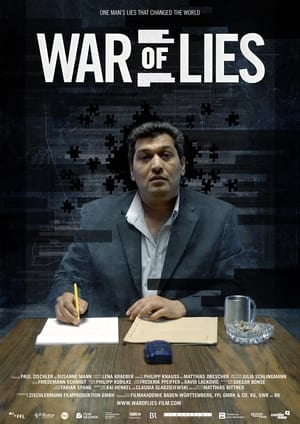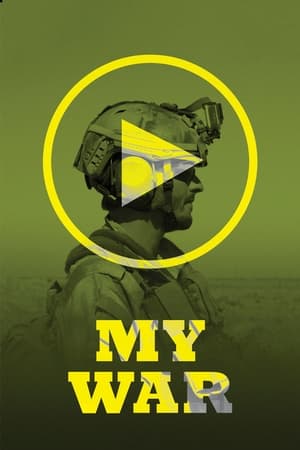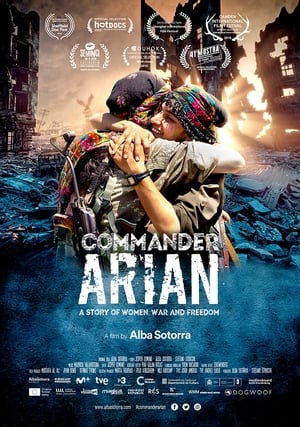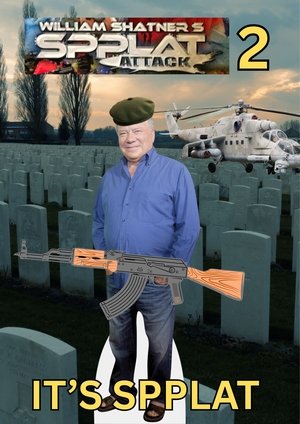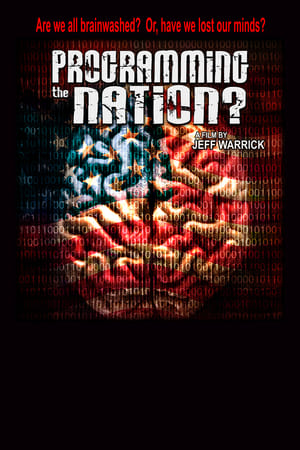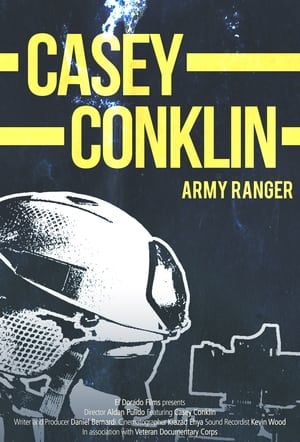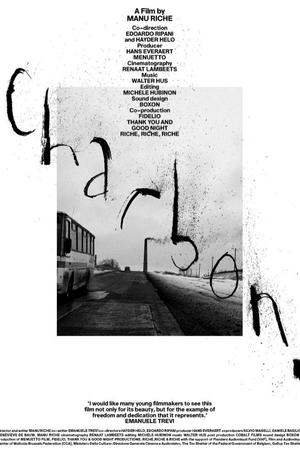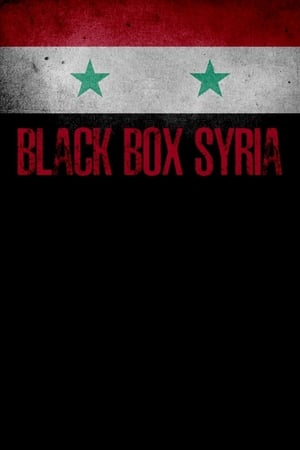Overview
An Iraqi journalist joins an army of uneasy allies and unforgettable characters in the epic battle to liberate the city of Mosul from the Islamic State.
Reviews
On June 10th, 2014 the terrorist organization ISIS seized control of the Iraqi city of Mosul. For two years they controlled it with an iron fist until it was retaken by the combined forces of the Iraqi government and people. With so much fighting, suffering, death and destruction how does one tell the story of Mosul and those who fought it? Writer and Director Dan Gabriel found a way by following journalist Ali Maula and his crew as the interview influential figures and follow them into battle in his documentary Mosul. The film begins nice and slow, establishing Ali Maula and how Mosul had come under the control of ISIS. It doesn’t take long for the film to grab your attention as it goes into visceral detail about how the innocent civilians suffered under ISIS. The stories the people tell are detailed and paint a terrible picture of the Hell they are forced to live in and the hate towards ISIS and hope they feel when the military comes through. However, Ali Maula takes an interesting angle in questioning whether or not many of the civilians re telling the truth. It is a sad thing to think but does show how much distrust and discord ISIS has sown into the country. The use of actual footage of the cruelty and violence make for a shocking and utterly disturbing watch. Gabriel doesn’t pull any punches and though that does make the film hard to watch, it is not for the faint of heart, he does manage to make his point more poignant and memorable. The figures are offer a great insight into the events that surround the battle of Mosul. The most interesting of these figures are Um Hanadi and Captain Alaa. I found these two to be incredibly interesting and the stories of their who they were before the fighting and how they came to be the people they are. Hanadi is introduced early on and her stories are some of the strongest in the movie, how she took care of the soldiers under her command the people she saved as well as the harrowing missions she had to fight through and all she lost along the way. Captain Alaa’s moments are by far the most harrowing as the crew follows him and his soldiers through actual battle. The footage of the war is truly incredible as the crew gets close to the chaos. The footage is energetic and exciting but nonetheless terrifying as the crew is in the thick of battle and destruction. Brave is an understatement for the crew had to go through to get their footage. With the stories, figures and the stories from civilians we are given a clear picture of the background and build up to the battle of Mosul. The runtime is short clocking in well under ninety minutes however this works in the film’s favor. Not only does it still manage to perfectly fit in every story and bit of information, but the quick pace gives the film a sense of urgency and energy which makes the viewing direr and memorable. Final Thoughts: It can be very difficult to watch, and it tends to be grim and macabre, but Mosul is a truly great documentary. The figures and civilians offer compelling and often disturbing stories and the crew manages to capture excellent shots of the war, the fact that they survived it is nothing short of a miracle. Mosul is a must watch and required viewing for all to understand what is happening in the world. Verdict: 4.5/5**strong text**
Mosul film takes you inside the city's battle for liberation from the perspective of an Iraqi journalist, in a way that's very intimate and engaging. You'll be wanting to stay longer with each of the featured characters, listening to their life stories, their sorrows, their misfortune, and their victories. You'll be in the midst of street battles (real footage) that'll have you on the edge of your seat, fearing for the lives of the character friends you just met. But most importantly, it shows the very recent history of a city ravaged by the terrorists' hate and the sectarian clashes that are still sadly alive to this day. It raises the question of tomorrow, a question the city of Mosul has yet to answer.

 86 min
86 min
 7.034
7.034
 2019
2019
 USA
USA
 JonGon92 wrote:
JonGon92 wrote: